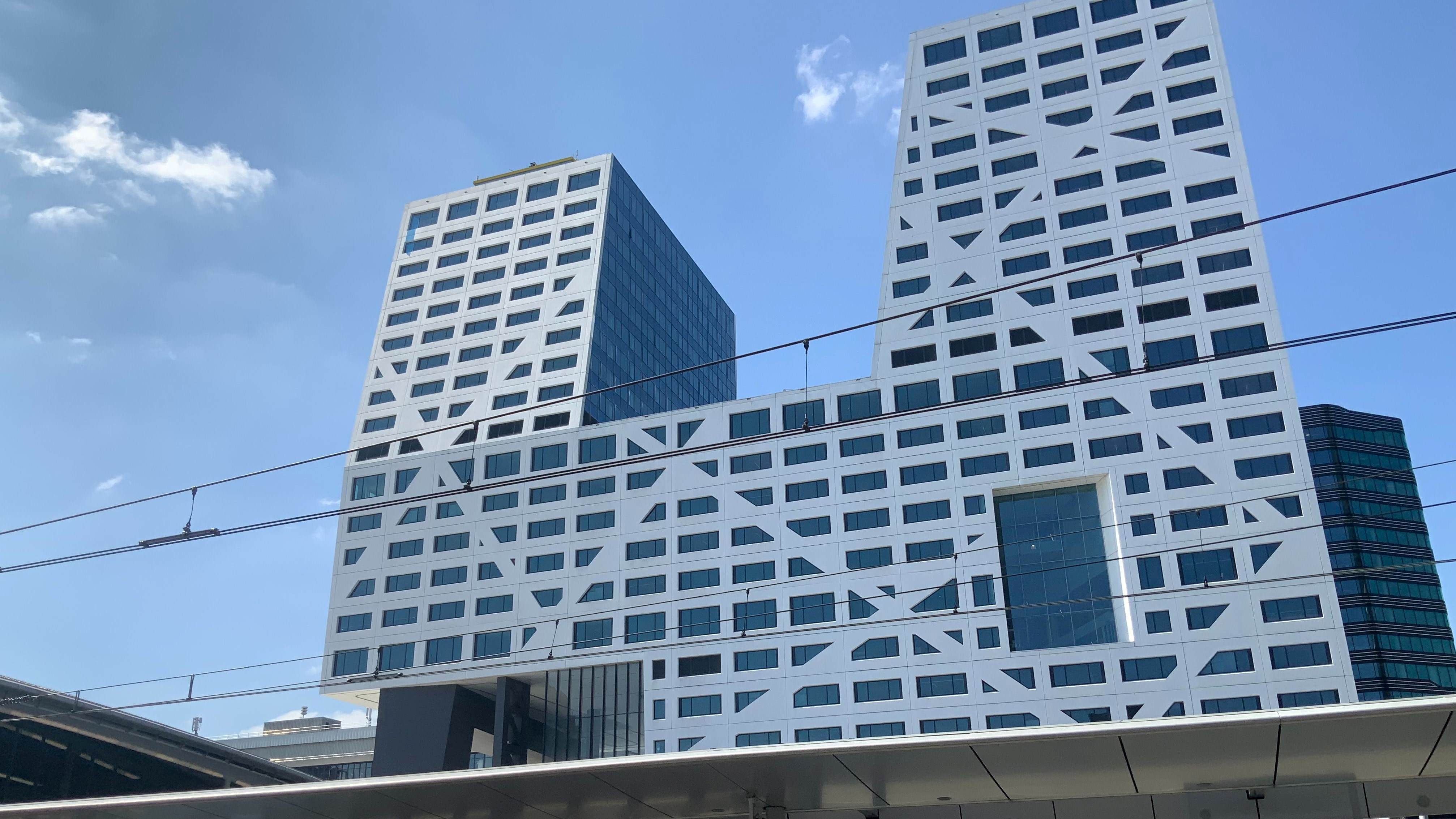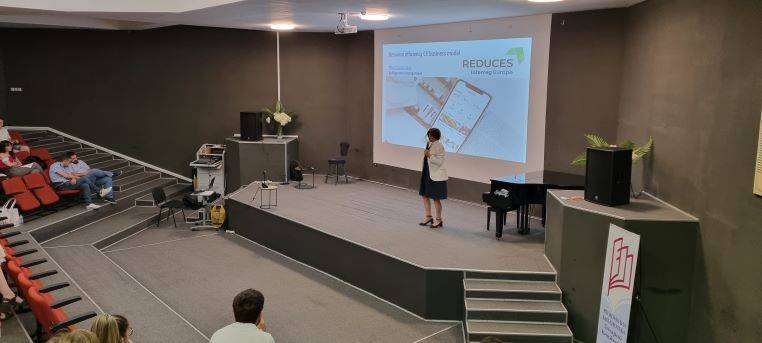The Circular Economy and Environment Value Added+ conference was opened by Ms. Ivelina Vassileva, Chair of the Committee on the Environment and Water. She welcomed the initiative, noting that the circular economy conserves resources and the environment and saves costs. She said in her statement that construction waste for 2018 increased by 3-4 times compared to 2016; the share of household waste also increased. Ms. Vassileva shared the initiative of the Municipality of Burgas for “plastic disposal”, which was also taken by the Ministry of Environment and Water (MOEW). Representatives of the Bulgarian Chamber of Commerce and Industry, the Bulgarian Industrial Capital Association, the Bulgarian Chamber of Commerce and number of businesses.
The conference looked at topics related to achieving a higher level of industrial development that promotes environmental balance. By respecting the principles of the circular economy, where the value of products, materials and resources remain as long as possible in the economic cycle, the industry achieves sustainability in production and consumption, leading to environmental protection, competitiveness of products and markets, new jobs places and sustainable growth.
The event focused on sharing good practices, successful business partnerships, innovative solutions in effective resource management and improving quality of life.
Corporate practices and programs related to the principals of the circular economy were shared during the conference. KCM 2000 Group, the Bulgarian Association of Metallurgical Industry, and other lecturers introduced to the potential of the circular economy to reduce greenhouse gas emissions and how to utilize biomass.
Good practices were presented also by entrepreneurs producing jewelry from scrap glass, biodegradable coffee cups Cupffe and others. Last but not least, the relationship with education was presented, both to students from the 1st to the 12th grade (Children's Science Center "Musejko") and to students (Mining Geological University "St. Ivan Rilski") in the field of circular economy.
It was concluded that the circular economy is a common effort of institutions and enterprises and requires full mobilisation of industry, the private sector, local government and citizens.











